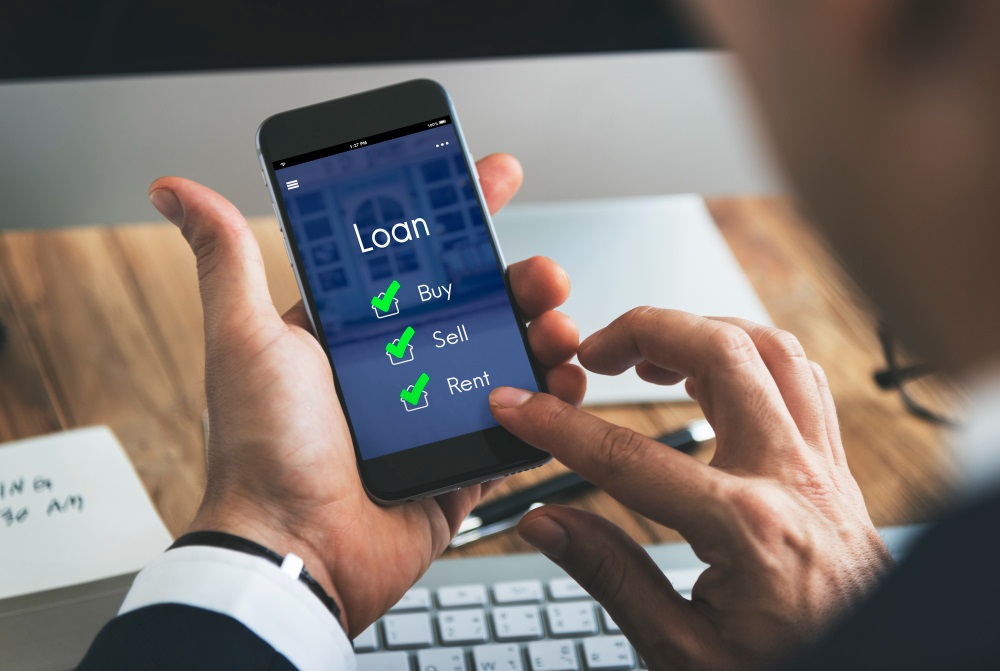Personal loans are one of the most popular types of loans due to their flexibility and accessibility. Whether you need immediate funds for medical emergencies, education, weddings, or debt consolidation, personal loans often come to the rescue. However, many applicants face difficulties when applying for a personal loan without income proof or when they have a low CIBIL score.
Financial institutions often require proof of income—like salary slips, IT returns, or bank statements—before approving personal loans. Individuals without a regular income or formal income documentation, such as freelancers, homemakers, or self-employed individuals, may find it challenging to access credit services.
This article will explore how one can get a personal loan without income proof and address borrowers seeking a personal loan for low CIBIL scores. We’ll also share tips on increasing loan approval chances when income documentation is missing.
Understanding the Challenge of Getting a Personal Loan Without Income Proof
Income proof is a benchmark many lenders use to assess a borrower’s creditworthiness. It assures lenders of the borrower’s ability to repay the loan amount. Without income documentation, lenders consider the borrower to be a higher-risk candidate. This risk further compounds when the borrower has a low CIBIL score, as it indicates a history of delayed or missed payments, making lenders hesitant to provide loans.
That said, obtaining a personal loan without income proof or bypassing CIBIL-related concerns isn’t impossible. Various alternative mechanisms can help build trust with lenders and secure quick access to funds.
Tips to Get a Personal Loan Without Income Proof
Here are several strategies to convince lenders of your repayment ability when you don’t have formalized income documentation:
Provide Sufficient Collateral
One of the easiest ways to secure a personal loan without income proof is by offering collateral. Collateral reduces the risk for lenders since they can recover the loan amount if you fail to repay. Popular collateral options include property, fixed deposits, gold, or other valuable assets. A secured personal loan backed with collateral often comes with lower interest rates and relaxed eligibility criteria.
Apply with a Guarantor or Co-applicant
Including a guarantor or co-applicant with a steady income and good credit history strengthens your loan application. The guarantor essentially agrees to repay the loan if you are unable to do so, which calms the lender’s apprehensions. This approach is excellent for individuals with inconsistent income or low CIBIL scores.
Show Alternative Income Sources
If you lack traditional income proof, you can justify your repayment capability by showing other income streams, such as rental income, freelance earnings, interest from investments, or dividends. Your irregular income can be presented in the form of contracts, agreements, or account transaction records. Lenders may be willing to consider alternative income sources for loan eligibility.
Leverage Savings and Bank Statements
While you may not have income slips from a regular job, presenting a consistent history of savings and bank transactions can reflect financial discipline. A strong savings account balance indicates your ability to repay the loan even without formal income proofs. Transparent financial behavior can reassure lenders of creditworthiness.

Approach NBFCs or Private Lenders
Non-banking financial companies (NBFCs) and private lenders often have more flexible eligibility criteria than traditional banks. NBFCs may be willing to process loans without strict income proof requirements, especially for borrowers with low CIBIL scores. However, ensure you research the lending institution and compare interest rates before choosing these options, as they may charge a higher rate of interest.
Opt for a Peer-to-Peer (P2P) Lending Platform
Peer-to-peer lending platforms connect borrowers with individual lenders willing to fund personal loans. These platforms usually have flexible eligibility criteria compared to banks and frequently approve loans on the basis of the borrower’s overall profile rather than sticking to traditional income proofs. Borrowers without income documents or with low CIBIL scores may find this avenue to be a viable choice.
Can You Get a Personal Loan for Low CIBIL Score?
A low CIBIL score (below 600) typically indicates poor creditworthiness, making it harder to access personal loan for low cibil score from established financial institutions. However, several measures can increase your chances of approval:
Opt for a Loan from NBFCs
NBFCs are more inclined to approve personal loans for applicants with low CIBIL scores. While the interest rates may be on the higher side, these lenders analyze other parameters such as your current financial obligations, income sources, and the loan-to-value ratio instead of focusing solely on your credit history.
Apply for a Smaller Loan Amount
If you have a low CIBIL score, applying for a smaller loan amount is easier to get approved. Lower amounts reduce the lender’s risk, which improves your chances of securing the funds. Always borrow only what you truly need to avoid overburdening yourself with repayments.
Improve Your Credit Score
If you’re not in a hurry to obtain funding, spend some time improving your CIBIL score. Pay off outstanding debts, clear your credit card dues, and ensure you maintain a low credit utilization ratio. Timely repayments and responsible use of credit can gradually boost your score.

Consider Secured Loans
As mentioned earlier, offering collateral increases your chances of approval. With a low CIBIL score, opting for a secured loan can reduce the risk taken by lenders and increase their willingness to approve your application.
Things to Keep in Mind While Applying
- Compare Lenders: Always compare various lenders to find the best interest rates and terms.
- Avoid Multiple Applications: Submitting multiple loan applications within a short period can decrease your CIBIL score further.
- Read Loan Terms Carefully: Look for hidden charges, prepayment penalties, or other fees that may increase your loan cost.
Conclusion
While obtaining a personal loan without income proof or with a low CIBIL score can seem daunting, it is not impossible. Presenting alternative forms of financial stability, applying for a smaller loan amount, offering collateral, or including a guarantor increases your chances of approval. NBFCs and P2P platforms can act as excellent alternatives to traditional banks for borrowers struggling with low income documentation or credit scores.
Ultimately, the key to accessing quick personal loans lies in building trust with lenders, showcasing your repayment ability, and understanding loan terms clearly. Whether you’re seeking emergency funding or planning for a large expense, responsible borrowing can help you bridge your financial gaps effectively.

